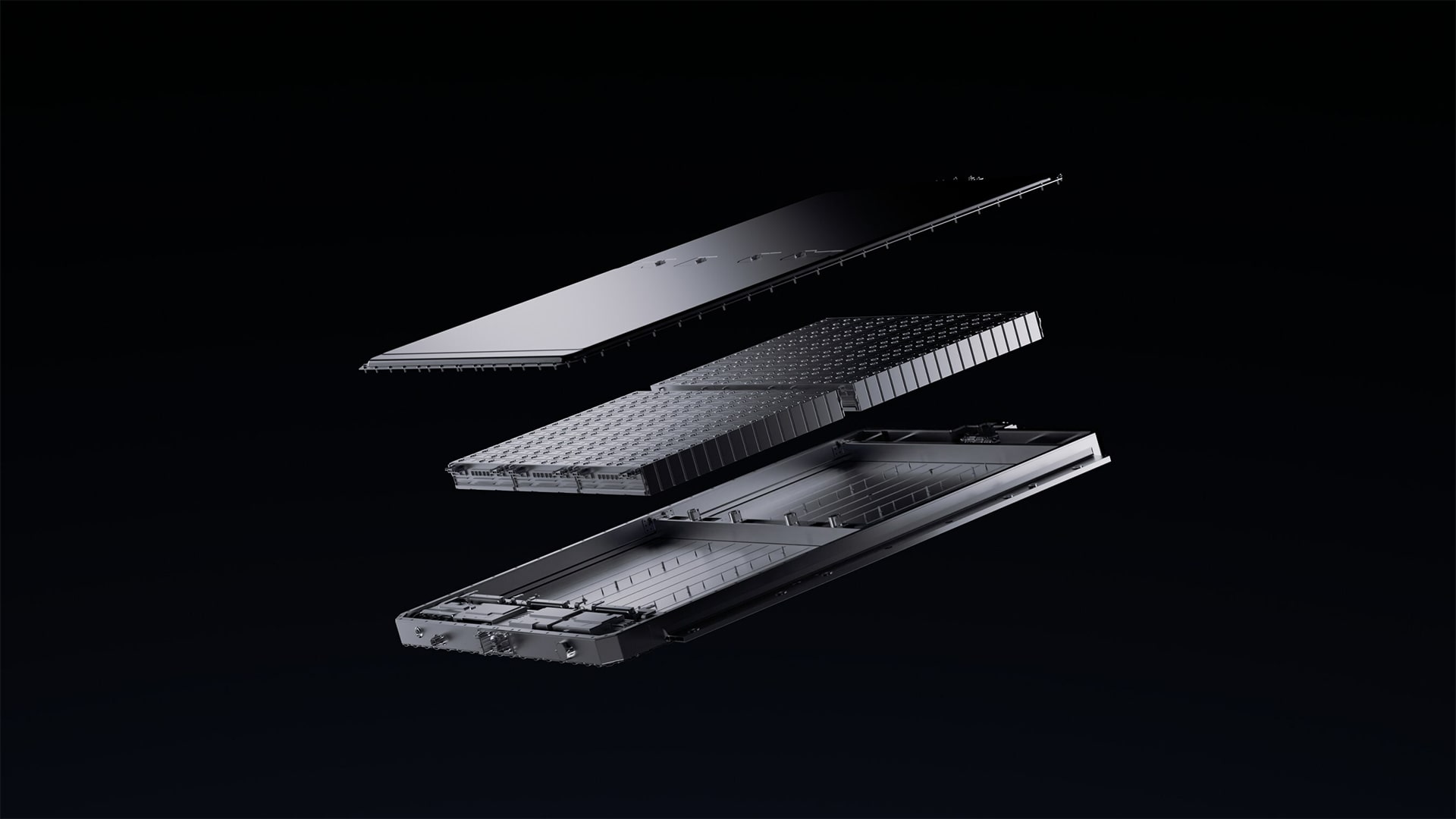In August, Chinese state-owned automotive manufacturer SAIC Motor announced its plan to embark on a joint venture with solid-state battery startup Qingtao Energy Development. Through the joint venture, both entities will collaboratively develop solid-state batteries for vehicles.
According to 36Kr, the venture’s first-generation solid-state battery in development has passed the battery loading test. The single-cell energy density of this solid-state battery is 368 watt-hours per kilogram, which is more than twice that of lithium iron phosphate (LFP) batteries. Results from the test vehicles achieved a maximum range of 1,083 kilometers, and a 10-minute charge can add 400 kilometers to the range.
The solid-state battery in development was designed with the rigorous nail penetration test in mind. The nail penetration test is a safety test conducted on batteries, particularly lithium-ion batteries, to assess their resistance to penetration by sharp objects such as nails or spikes. This is a critical safety evaluation for battery cells, especially in applications where there is a risk of physical damage, such as in electric vehicles, where batteries are subjected to the risk of accidents.
According to Qingtao Energy Development, this solid-state battery can pass the most stringent of single-cell nail penetration tests and systematically prevent thermal runaway, a condition where battery temperatures rise uncontrollably, potentially resulting in fires or explosions.
EV battery technology has advanced significantly in 2023, in terms of both charging speeds and energy density. Batteries with C-rates of up to 3C, which indicates their charging performance, are already commercially available and implemented in various EV models. Li Auto, in collaboration with CATL, developed the Qilin battery that it claims is capable of reaching 5C, providing up to 500 kilometers of range with a 12-minute charge. CATL has also developed the Shenxing “super fast-charging” battery, a 4C LFP battery that can extend the range of EVs by up to 400 kilometers with just ten minutes of charging.
While charging speeds continue to deter widespread EV adoption, the emergence of ultra-fast charging technology has significantly alleviated this problem. Incremental improvements in the energy density of batteries have also helped resolve the issue.
EV manufacturer Zeekr’s vehicles can ostensibly exceed 1,000 kilometers in range when equipped with the Qilin battery jointly developed by Li Auto and CATL. The semi-solid-state battery jointly developed by Nio and WeLion can also achieve a similar range. However, these batteries boasting ranges over 1,000 kilometers are currently limited to small-scale production due to their high manufacturing costs. Nio’s semi-solid-state battery, in particular, can cost as much as an entire vehicle.
The solid-state battery developed by SAIC Motor and Qingtao Energy Development aims not only to extend range but also to reduce costs and improve charging speeds. According to official sources, the maximum range and 10-minute charging range of this solid-state battery are nearly equivalent to CATL’s Shenxing battery. If mass production is feasible, it could eventually cost 10–30% less than LFP or ternary lithium batteries.
In other words, this solid-state battery is designed not only to maximize range, but also to strike a balance between range, cost, and charging speed.
IM Motors, a subsidiary of SAIC, plans to mass-produce these solid-state batteries starting in 2024. In 2025, other sub-brands, including Feifan (also known as Rising), Roewe, and MG, are also expected to introduce EV models equipped with the new generation of solid-state batteries, with annual sales forecasted to exceed 100,000 units.
Qingtao Energy Development was founded in 2016 and is led by Nance Nann, an academician of the Chinese Academy of Sciences and a professor at Tsinghua University. While SAIC’s joint venture with Qingtao Energy Development commenced only in August this year, both companies have been collaboratively developing solid-state battery technology since 2018. SAIC participated in Qingtao Energy Development’s Series E and F extension round in 2020 and 2022 respectively. In 2022, both companies also established a lab facility to jointly promote the development of materials, battery cells, and systems for automotive solid-state batteries.
KrASIA Connection features translated and adapted content that was originally published by 36Kr. This article was written by Li Qin for 36Kr.

